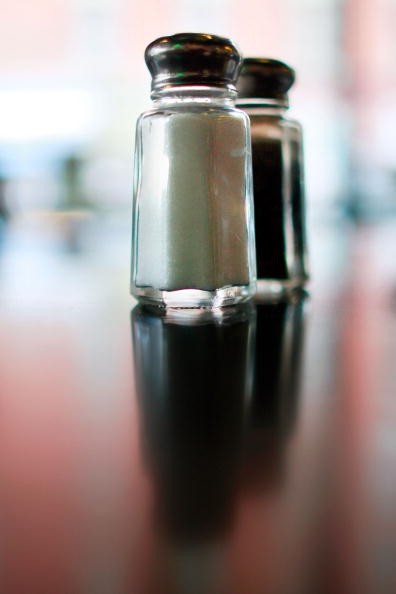
For decades, people have been told they should reduce the amount of sodium in their diet by cutting back on salt. Now, a 10-year-long study of older adults has found that the amount of sodium in your diet may not be associated with a higher risk of heart disease.
There was a higher mortality for people who took in more than 2,300 milligrams of sodium per day (about a teaspoon of sodium), but it was not significantly higher. Dietary recommendations are unlikely to be changed based on this study.
The study started with 2,642 people between the ages of 71 and 80 and asked them to fill out questionnaires about their diet and how often they ate certain foods. They were divided into three groups based on how much sodium was in the foods they said they ate: below 1,500 milligrams per day; 1,500 to 2,300 milligrams per day; and more than 2,300 milligrams per day.
After 10 years, 881 participants in the study had died, 572 had developed cardiovascular disease, and 398 had developed heart failure. The researchers analyzed the data and found that sodium intake was not associated with mortality. The group that ate 1,500 to 2,300 milligrams per day of sodium had a mortality risk that was slightly lower than the group that took in less sodium and the group that took in more, but the risk was not significantly different.
When researchers took into account the body size of the participants and how many calories they took in, the results did not change. There was also no variation for sex, race, or whether the participants had high blood pressure to start with.
Currently, doctors tell patients over age 51 to keep their sodium intake below 1,500 milligrams per day. This recommendation is unlikely to change based on this study. One of the limitations with this study is that it is based on people saying what they usually ate and in what amounts. Such self-reports may not be completely accurate.

